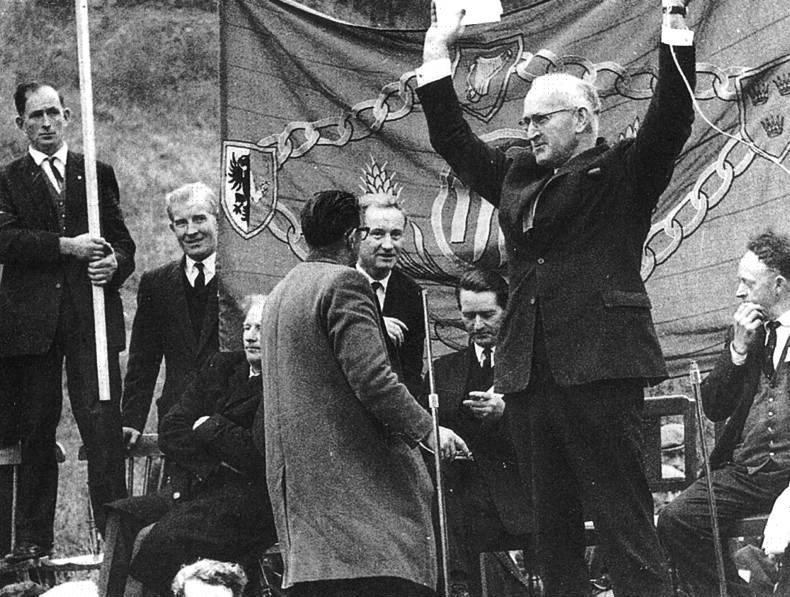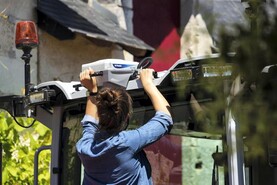The 230 page hardback book is dedicated to all the voluntary officers who have served Irish farmers over the years. The launch takes place this evening in the Irish Farm Centre in Dublin.
The IFA, which celebrated its 60th anniversary this year, was founded as the National Farmers' Association (NFA)on 6 January 1955.
At a mass meeting of 2,000 farmers in the Four Provinces Ballroom, Harcourt Street, Dublin, Juan Greene made the formal proposal to establish the NFA. The first elections to the National Executive were held in May of that year.
In 1966 the association's members sought the right to negotiate on behalf of farmers rather than merely be consulted, which led to the launch of the NFA Farmers’ Rights Campaign.
Members set out from as far away as Bantry, Co Cork to march on Dublin to demand to be heard, culminating in a sit-in for 21 days on the steps of Government Buildings.
Significant movement on the right to negotiate on key legislation, and the establishment of marketing and advisory boards with farmer representatives brought the campaign to a successful end.
Creation of the IFA
The IFA came into existence in 1971 and moved its Dublin headquarters from Earlsfort Terrace to the newly built Irish Farm Centre a year later.
The Association supported Ireland’s entry into the European Community and was a prominent campaigner in favour of the successful 1972 Common Market Referendum, which saw Ireland join the EEC the following year.
IFA’s rationale for joining was to give farmers direct access to the higher prices available in The Common Market and the supports under the Common Agricultural Policy (CAP).
The IFA was also responsible for the establishment of Farmer Business Developments (FBD) in the late 1960s.
The 1970s and 1980s
During the 1970s and ‘80s many new challenges facing farmers were dealt with head on by IFA including devaluations of the ‘Green Pound’, milk quotas, Intervention and Disadvantaged Areas.
At home, the 2% sales levy was fiercely resisted.
IFA members finally won success through the courts for the abolition of the Poor Law Valuation system, bringing an end to a rates campaign stretching back to the establishment of the NFA.
The 1980s and 1990s
The 1980s and 1990s saw the entry of the IFA into the first of a series of social partnership agreements with government, employers and trade unions, which put the IFA at the centre of national decision making on agricultural policy.
A massive protest in October 1998 of 40,000 IFA members outside the gates of Leinster House is widely credited with bringing about the Farm Assist scheme for low-income farm families. Farmer-power was again mobilised over low incomes and a disastrous budget for farmers with urban dwellers supporting a shutdown of the capital by 3,000 tractors in 2003 in what became known as the ‘Tractorcade’.
With this evening's launch the IFA looks forward to future years as the voice of Irish agriculture in the modern world.






 This is a subscriber-only article
This is a subscriber-only article










SHARING OPTIONS: